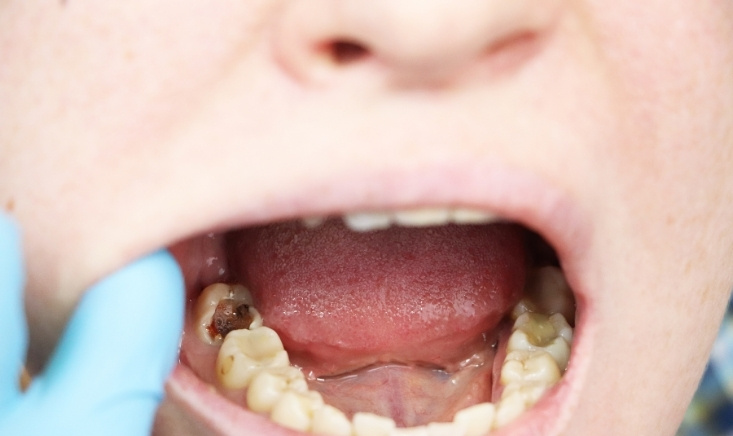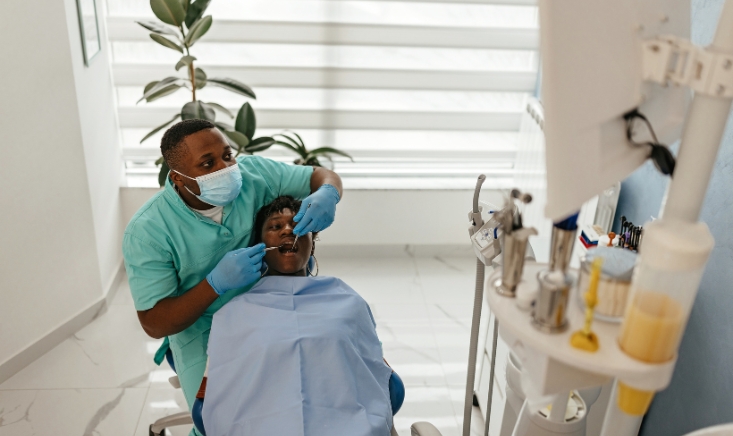2200 AW Grimes Blvd, Suite 100 Round Rock, TX 78665
Cheers to a New Year of Oral Wellness: Reducing Alcohol’s Effects on Dental Health

Welcome to a journey towards better oral health in the new year! As we raise a toast to new beginnings, it’s crucial to be mindful of the impact our choices, especially those involving alcohol consumption, can have on our dental well-being. In this article, we’ll delve into the nuanced relationship between alcohol and oral health, shedding light on the ways to minimize adverse effects.
Alcohol and Oral Health: Unveiling the Connection
Research consistently highlights the intricate relationship between alcohol and dental health. Excessive alcohol intake can contribute to a myriad of oral issues, including tooth decay, gum disease, and even oral cancers. Understanding this link is essential for anyone aiming to prioritize their oral wellness.
Effects on Tooth Decay
Alcoholic beverages, often laden with sugars and acids, pose a significant threat to tooth enamel. When consumed, these sugars become a feast for harmful bacteria in the mouth, leading to acid production and, subsequently, tooth decay. Opting for beverages with lower sugar content or using straws to minimize direct contact with teeth can be game-changers in preserving your enamel.
Gum Disease and Alcohol Consumption
One of the less-known but equally critical consequences of excessive alcohol consumption is its link to gum disease. Alcohol, known for its dehydrating properties, can contribute to a dry mouth. This reduction in saliva production creates an ideal environment for harmful bacteria to thrive, potentially leading to gingivitis and more severe gum diseases. Staying hydrated and maintaining a regular oral hygiene routine becomes paramount in mitigating these risks.
Alcohol’s Role in Oral Cancer
The association between alcohol and the risk of oral cancer is well-established. Consistent and heavy alcohol consumption can significantly elevate the chances of developing oral cancers, particularly in conjunction with other risk factors like tobacco use. Regular dental check-ups and self-awareness regarding any changes in the oral cavity are crucial for early detection and prevention.
Strategies for Better Oral Health
Moderation is Key
The key to enjoying your favorite beverages without compromising oral health lies in moderation. Limiting alcohol intake, especially during social occasions, can significantly reduce the risk of dental issues. Additionally, choosing beverages with lower sugar content and staying hydrated can go a long way in safeguarding your oral well-being.
Oral Hygiene Routine
Maintaining a robust oral hygiene routine is non-negotiable. Regular brushing, flossing, and mouthwash use help remove plaque and bacteria, preventing the development of cavities and gum disease. Consider incorporating fluoride toothpaste and attending regular dental check-ups for a comprehensive approach to oral care.
As we embark on a new year, let’s raise our glasses to not just celebration but also to responsible choices for our oral wellness. Understanding the impact of alcohol on dental health and adopting preventive measures can ensure a bright and healthy smile for years to come. If you have questions or seek personalized advice, contact us today for expert guidance. Your journey to optimal oral health starts now. Cheers to a radiant smile and a healthier you!




